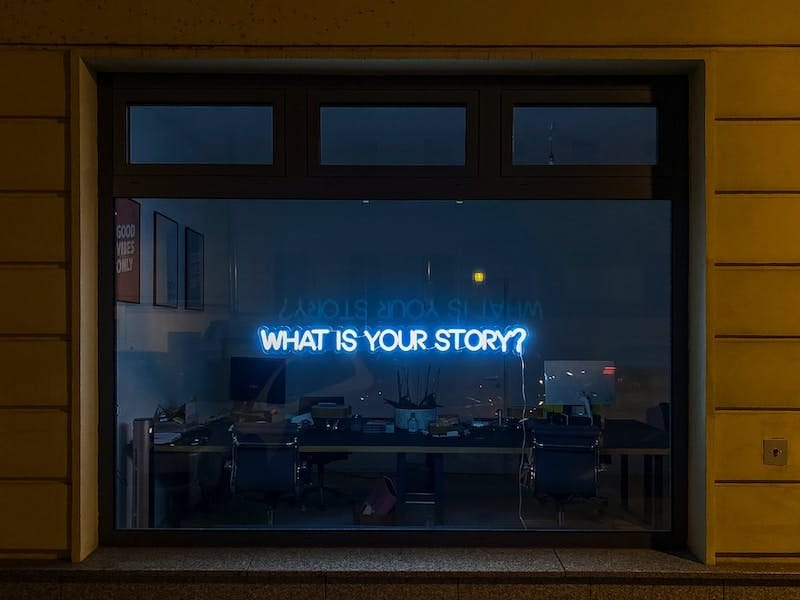A few months back, I stumbled upon this tweet:
And as I was scrolling through the responses, I was severely disappointed.
Arvid asked, “How do you take notes?” but the question was most commonly interpreted as “What app do you use to take notes?” What tool you use is much less important than how you actually use it, so then why were these comments flooded with the former?
I’ve started to notice this phenomenon, replacing “how” with “what,” has been slowly creeping into other parts of my life too.
Most recently, I’ve been trying to pick up a few new hobbies, including language learning and playing guitar. I’ve been wanting to improve my interactions with my finances and how I budget, along with improving my productivity system too.
In almost all of these cases, I’m finding it impossible to find “how” content.
“How to learn Japanese” video are filled with what textbooks to use, what apps to download, and what tests you should take. But how do I actually teach myself the 800 vocabulary words for the first test? More importantly, how did you, as the content creator, stick those things in your brain?
Lets take the budgeting example too. I’ve used plenty of different budgeting apps before, from Mint to Tiller to YNAB to Notion to a custom Google Sheet. Sure there are different methodologies, rules, and practices out there, but it’s so difficult to find content on the core aspects that lie underneath. How do you use a budget, that data and analytics, to actually make an impact on your financial goals?
And we have to be careful too, because there are many “hows” hiding as “whats” out there.
The most common place you see this is in YouTube videos and courses, especially in the money making space. The titles will promise to teach you “How to build a 1 million dollar business in a year” then go on to give you some pre-manufactured “what you should do” content.
What’s the difference here?
“What” is surface level. If you’ve been learning about businesses for any amount of time, you’ll know that you should find a problem and develop a solution that people would part money with. “What” is telling people that they need to make 10 cold calls every morning before work in order to build their social media agency.
The “whats” aren’t personal.
“How,” on the other hand, is.
“How” should account for where you’re starting, where you want to go, your personality, and what obstacles lie in the way.
Which honestly, is hard. It’s what makes one-on-one help so impactful.
How can content creators expect to be held to that level of work, including every nuance for every situation?
It’s damn near impossible, so what’s the best thing a creator can do?
Personally, I’ve found the “how I” content most helpful. It doesn’t get the most clicks, but it has been extremely helpful in my journey.
The “how I” content is an over the shoulder look into how somebody has done, or is currently doing things. It reveals, in the moment, their struggles and how they’re thinking about tackling them. And maybe even more importantly, what isn’t currently working for them, and why.
This type of content can actually help us as consumers because it necessitates reflection. What’s similar about our journey to theirs? What have I been struggling with that this person has overcome?
It’s the nuance behind the presence of the situation that can truly help people.
“What”s don’t have this nuance. They’re often fabricated after the fact, and subject to hindsight bias.
I know personally when I was starting out creating content a few years ago, I had posted a few videos that felt totally disingenuous exactly because of this. I wasn’t on the other side of a journey, but rather creating content around what I thought was right. I hadn’t solved my own problem around it, but was trying to give others solutions without putting in the work myself.
These “what”s are often overly simplified, only hitting the high points of what you should directionally do, and lacking the specificity needed to actually be helpful to people in their journey.
Are overviews for your journey important? Sure, especially when starting out. But there’s this deeper kind of content that would be wonderful to see more of.
How do we create it?
Share stories, not steps
I believe that more people should be creators, and that it should be easier to find high quality content from those smaller creators. Not because they have the best click through rate and watch time to please an algorithm, but because it’s genuinely helpful.
My current thesis is that by sharing our stories, and not just a fabricated list, we can start to make content more useful. Stories create emotional resonance. And it’s this emotional resonance that can be a driver of behavioral change.
There’s a reason why “show, don’t tell” is such popular story telling advice. Readers, watchers, and listeners don’t want you to explain the plot to them. They want to know what the plot is, they want to know the ending, but it’s the job of the creator to tease key aspects for the consumer to figure it out.
This is also similar to the Ikea Effect, where consumers place higher value on things they partially create, like Ikea furniture.
So get personal. Go deep. Share the nuance. Document.
This mindset of being more personal and documenting the process is something that I want to add more of into my content. While I’m not quite sure “how” yet, but I’ll share with you when I do!





